Introduction
In the competitive landscape of engineering admissions in India, two examinations reign supreme—JEE Main and JEE Advanced. These examinations serve as the gateways to some of the most prestigious engineering institutions in the country, opening doors to promising career prospects in the field of engineering and technology.
Difference between JEE Main and JEE Advanced: These two examinations are often mentioned in the same breath, yet they possess distinct characteristics that set them apart. Understanding these differences is crucial for aspiring engineers who aim to navigate this challenging terrain effectively.
As engineering aspirants embark on their journey to secure a seat in their dream institute, it becomes evident that the right guidance and support can make all the difference. This is where Deeksha’s integrated coaching program comes into play. Our program is not just about academic preparation; it’s about fostering holistic growth and empowerment in students.
With Deeksha’s integrated coaching, students gain access to a comprehensive approach that blends JEE and PU Board preparation seamlessly with their regular academic curriculum. Our experienced faculty, meticulously crafted study materials, and personalized guidance ensure that students are well-equipped to tackle the intricacies of these competitive examinations. Moreover, Deeksha’s integrated coaching doesn’t stop at exam preparation; it’s a transformative journey that lays the foundation for a promising future in engineering and beyond.
In the following sections, we will delve into the distinctions between JEE Main and JEE Advanced, eligibility criteria, examination formats, syllabus variations, and preparation strategies. Through this exploration, we aim to provide aspiring engineers with valuable insights and empower them with the knowledge they need to make informed decisions on their path to success.
Overview of JEE Main and JEE Advanced
JEE Main and JEE Advanced, the twin pillars of engineering entrance examinations in India, play a pivotal role in shaping the academic and professional journeys of countless engineering aspirants. While they share common goals, they also exhibit key differences that set them apart.
High-Level Comparison:
JEE Main, the first step in the journey, is a national-level examination that primarily serves as a screening test for engineering admissions. It assesses candidates’ knowledge in Physics, Chemistry, and Mathematics and acts as a qualifying examination for several engineering institutes, including the National Institutes of Technology (NITs) and other government-funded institutions.
JEE Advanced, on the other hand, is the next phase of this rigorous process. It is designed for a more select group of students who have cleared the JEE Main. JEE Advanced is the gateway to the Indian Institutes of Technology (IITs) and the Indian School of Mines (ISM), institutions renowned for their academic excellence and world-class engineering programs.
Crucial for Engineering Aspirants:
Both JEE Main and JEE Advanced are of paramount importance for engineering aspirants. Clearing these exams not only grants access to top-tier engineering colleges but also signifies a student’s prowess in subjects crucial to engineering disciplines. Success in these exams can open doors to scholarships, research opportunities, and a world-class education.
The Transition to JEE Advanced:
For students aiming to secure a seat in the prestigious IITs and ISM, JEE Advanced is the logical next step after JEE Main. It is a more challenging examination, testing not only a student’s knowledge but also their analytical and problem-solving skills at a higher level. Successfully advancing to JEE Advanced is a testament to a student’s dedication and capability to excel in a more competitive environment.
In essence, JEE Main and JEE Advanced are more than just exams; they are transformative experiences that shape the future of engineering aspirants. They pave the way for unparalleled opportunities, academic excellence, and the fulfillment of dreams in the world of engineering and technology.
Eligibility Criteria for JEE Main and JEE Advanced
For engineering aspirants, understanding the eligibility criteria for JEE Main and JEE Advanced is the crucial first step towards a successful journey. These criteria outline the prerequisites and qualifications required for candidates to appear for these prestigious exams.
JEE Main Eligibility Criteria:
- Age Limit: There is no specific age limit for appearing in the JEE Main exam. Candidates who have completed their 10+2 or equivalent examination can apply.
- Academic Qualifications: Candidates must have passed their 10+2 or equivalent examination with Physics, Chemistry, and Mathematics (PCM) as their core subjects.
- Attempts Allowed: Candidates can attempt the JEE Main for a maximum of three consecutive years, starting from the year of passing the 10+2 exam.
Importance of Meeting Eligibility Criteria for JEE Main:
Meeting the eligibility criteria for JEE Main is paramount. It ensures that candidates possess the foundational knowledge and academic qualifications necessary to tackle the challenges posed by the examination. Failure to meet these criteria may result in disqualification, regardless of a candidate’s performance in the exam. As such, candidates should carefully verify their eligibility before applying to avoid any setbacks in their JEE Main journey.
JEE Advanced Eligibility Criteria:
- Performance in JEE Main: To be eligible for JEE Advanced, candidates must first clear the JEE Main exam. Only the top 2,50,000 candidates (including all categories) from JEE Main are eligible to appear for JEE Advanced.
- Age Limit: Candidates should be born on or after October 1, 1997 (for the year 2023), with relaxation for reserved categories.
- Number of Attempts: Candidates can attempt JEE Advanced for a maximum of two consecutive years.
- Academic Qualifications: Candidates must have completed their 10+2 or equivalent examination in the current year or the previous year. They should have studied Physics, Chemistry, and Mathematics with specific minimum marks requirements, which vary for different categories.
Importance of Meeting Eligibility Criteria for JEE Advanced:
Meeting the eligibility criteria for JEE Advanced is the gateway to prestigious institutes like the Indian Institutes of Technology (IITs) and the Indian School of Mines (ISM). It is crucial for ensuring that only the most deserving candidates are eligible to compete for these limited seats. Adhering to these criteria ensures a level playing field for all aspirants and maintains the integrity of the examination.
In summary, understanding and fulfilling the eligibility criteria for JEE Main and JEE Advanced is the foundation upon which a candidate’s journey to engineering excellence is built. It is essential to meet these criteria to qualify for the exams and vie for coveted seats in top engineering institutions.
Examination Format and Structure of JEE Main and JEE Advanced
Understanding the format and structure of JEE Main and JEE Advanced is crucial for aspirants aiming to excel in these prestigious engineering entrance exams.
JEE Main:
- Number of Papers: JEE Main is conducted in two papers – Paper 1 and Paper 2.
- Paper 1: For B.E./B.Tech aspirants, it comprises multiple-choice questions (MCQs) in Physics, Chemistry, and Mathematics.
- Paper 2: For B.Arch aspirants, it includes Mathematics, Aptitude Test, and Drawing Test. However, from 2023 onwards, the drawing test will be replaced by an additional aptitude test.
- Paper Pattern: The paper consists of MCQs, with four answer options, and numerical value-based questions. Paper 1 has a total of 90 questions (30 in each subject), while Paper 2 has 82 questions.
- Total Marks: JEE Main has a maximum score of 360 marks for Paper 1, and the final score is calculated based on normalized marks.
- Time Duration: Candidates have 3 hours to complete Paper 1, while Paper 2 is divided into three parts, each with a specific time limit.
JEE Advanced:
- Number of Papers: JEE Advanced is conducted in two papers, Paper 1 and Paper 2, both mandatory for candidates.
- Paper Pattern: Unlike JEE Main, JEE Advanced presents a unique paper pattern. It includes multiple-choice questions, numerical value-based questions, and questions with multiple correct answers. The questions are designed to test not only knowledge but also analytical and problem-solving skills.
- Total Marks: JEE Advanced has varying total marks each year, and it may differ between Paper 1 and Paper 2. The total marks are not fixed.
- Time Duration: Each paper in JEE Advanced has a time duration of 3 hours.
Highlighting Differences:
One key difference is that JEE Main is primarily a screening test, while JEE Advanced is the main examination for admissions to IITs and ISM. JEE Main has a fixed total score of 360 marks, while JEE Advanced’s total marks vary annually. Moreover, JEE Advanced is known for its challenging and diverse question types, focusing on in-depth understanding and problem-solving abilities.
Syllabus Variations in Both Exams
The syllabus for the Joint Entrance Examination (JEE) Main 2024 mainly covers topics from Physics, Chemistry, and Mathematics based on the NCERT syllabus for Classes 11 and 12. Students preparing for the JEE Main 2024 should focus on the syllabus provided by the National Testing Agency (NTA) for both January and April sessions, and it’s advisable to solve previous year’s papers for better clarity on the exam syllabus.
For JEE Advanced 2024, the syllabus tends to have a topic-wise weightage system to help aspirants prioritize their studies accordingly. Some details on chapter-wise weightage for Mathematics and Chemistry are provided, although the specific weightage for each chapter might not be explicitly provided:
- Mathematics: The syllabus is divided into various sections such as Algebra, with topics including complex numbers, addition, multiplication, and so on.
- Chemistry: Certain topics like Aldehydes, Ketones, Carboxylic Acids, Atomic Structure, and P-block elements are highlighted with an expected weightage of around 14-15%.
- Additionally, there’s a mention of question-wise weightage for certain chapters in Mathematics like Application of Derivatives, Ellipse, Circles, and Parabola.
Given the variations in syllabus and weightage between JEE Main and JEE Advanced, students need to adapt their preparation strategies accordingly. It would be beneficial to:
- Understand the Syllabus: Thoroughly understand the syllabus for both exams, focusing on the topics and chapters outlined by the respective examination authorities.
- Prioritize Topics: Based on the chapter-wise weightage, prioritize topics that carry more weightage in JEE Advanced while ensuring a solid understanding of all topics covered in JEE Main.
- Practice Past Papers: Solve past papers to understand the type of questions asked and the areas that are often tested.
- Seek Guidance: Consult with teachers, mentors, or join preparation courses to ensure that your preparation is on the right track.
- Utilize Resources: Make use of the resources available online including mock tests, preparation guides, and forums to enhance your preparation for both exams.
Participating Institutes and Admissions
Colleges and institutions across India accept the scores of these exams for admitting students into their undergraduate engineering programs. Here’s a detailed breakdown:
Colleges Accepting JEE Scores
JEE Main scores are widely accepted across various engineering colleges in India. Here’s a representation of the types of institutions that accept JEE Main scores along with some examples:
| Type of Institution | Number of Institutions | Examples |
| National Institutes of Technology (NITs) | 31 | NIT Trichy, NIT Rourkela, NIT Surathkal |
| Indian Institutes of Information Technology (IIITs) | 25 | IIIT Hyderabad, IIIT Allahabad, IIIT Bangalore |
| Government Funded Technical Institutes (GFTIs) | 28 | Institute of Technology, Guru Ghasidas Vishwavidyalaya, Assam University |
| State-level Colleges | Various | Various state engineering colleges |
| Private Colleges | Various | Various private engineering colleges |
Significance of Admissions through JEE Main and JEE Advanced
- Exposure to Excellence: Admissions through these exams provide students with an environment of excellence, where they are taught and mentored by some of the best faculties in the country.
- Research Opportunities: These institutions offer vast research opportunities, allowing students to work on real-world problems and contribute to the scientific community.
- Placement Prospects: With strong industry connections, these institutions provide robust placement opportunities with top global firms, ensuring a lucrative career path for their graduates.
- Holistic Development: The diverse and challenging environment at these institutions ensures the holistic development of students, preparing them for the competitive world outside.
The JEE Main and JEE Advanced exams are thus significant milestones for engineering aspirants, paving the way for a robust academic and professional future. The competition is stiff, but the rewards – in terms of education quality, career prospects, and personal development – are well worth the effort.
Preparation Strategies for Each Exam
Both exams require a disciplined approach, consistent effort, and a good understanding of the syllabus and exam pattern. It’s also important to maintain good health and a positive mindset throughout the preparation journey.
Deeksha’s Integrated Coaching
Deeksha’s Integrated Coaching program stands as a beacon of support and guidance for aspiring engineering students, offering a holistic approach to exam preparation and academic excellence. With a commitment to nurturing talent and facilitating success, Deeksha’s integrated coaching program for JEE Main and JEE Advanced is a game-changer in the competitive world of engineering entrance exams.
Effective JEE Main Preparation Strategies:
- Comprehensive Curriculum: Deeksha’s integrated coaching covers the entire JEE Main syllabus comprehensively, ensuring that students are well-prepared for all topics.
- Expert Faculty: Our experienced faculty members provide expert guidance, clarifying doubts, and fostering a deep understanding of concepts.
- Regular Practice: We emphasize consistent practice through mock tests, sample papers, and previous year question papers to enhance problem-solving skills.
Guidance for Challenging JEE Advanced Preparation:
- Advanced Problem Solving: Deeksha’s integrated coaching program goes beyond conventional methods, focusing on advanced problem-solving techniques and in-depth understanding of complex concepts.
- Meticulous Study Materials: We provide meticulously crafted study materials that align with the evolving pattern of JEE Advanced.
- Time Management: Our coaching instills effective time management skills to help students tackle the challenging time-bound nature of the exam.
The Role of Deeksha’s Integrated Coaching:
Deeksha’s integrated coaching acts as a bridge, seamlessly connecting regular academics with JEE Main and JEE Advanced preparations. It ensures that students are not burdened with additional coaching classes but instead receive comprehensive support within their regular academic curriculum. Our program aims to strengthen the foundational knowledge, boost confidence, and empower students to excel in these competitive exams, setting the stage for a successful engineering career. With Deeksha’s integrated coaching, students gain the advantage of a focused, efficient, and well-rounded preparation that paves the way for academic excellence and a bright future in engineering.
In conclusion, the distinction between JEE Main and JEE Advanced lies at the heart of every engineering aspirant’s journey. While JEE Main acts as the initial stepping stone, JEE Advanced represents the pinnacle of excellence, leading to coveted institutes like the IITs and ISM. The differences in format, eligibility, and complexity between these two exams demand careful consideration and strategic preparation.
Strategic preparation is not merely a choice but a necessity. It’s about understanding the unique requirements of each examination, honing problem-solving skills, and mastering the subjects. Your preparation should be a well-thought-out roadmap that maximizes your strengths and addresses your weaknesses.
In this journey, Deeksha’s integrated coaching emerges as an invaluable ally. It seamlessly integrates with your regular academics, ensuring a holistic approach to exam preparation. With expert faculty, comprehensive study materials, and personalized guidance, Deeksha empowers you to navigate the challenges of JEE Main and JEE Advanced with confidence.
So, aspiring engineers, as you embark on this transformative journey, remember that success is not just about crossing the finish line; it’s about the skills, knowledge, and growth you acquire along the way. Consider Deeksha’s integrated coaching as your trusted companion on the path to engineering excellence. With the right strategy and support, the future is bright and filled with endless possibilities in the world of engineering and technology.




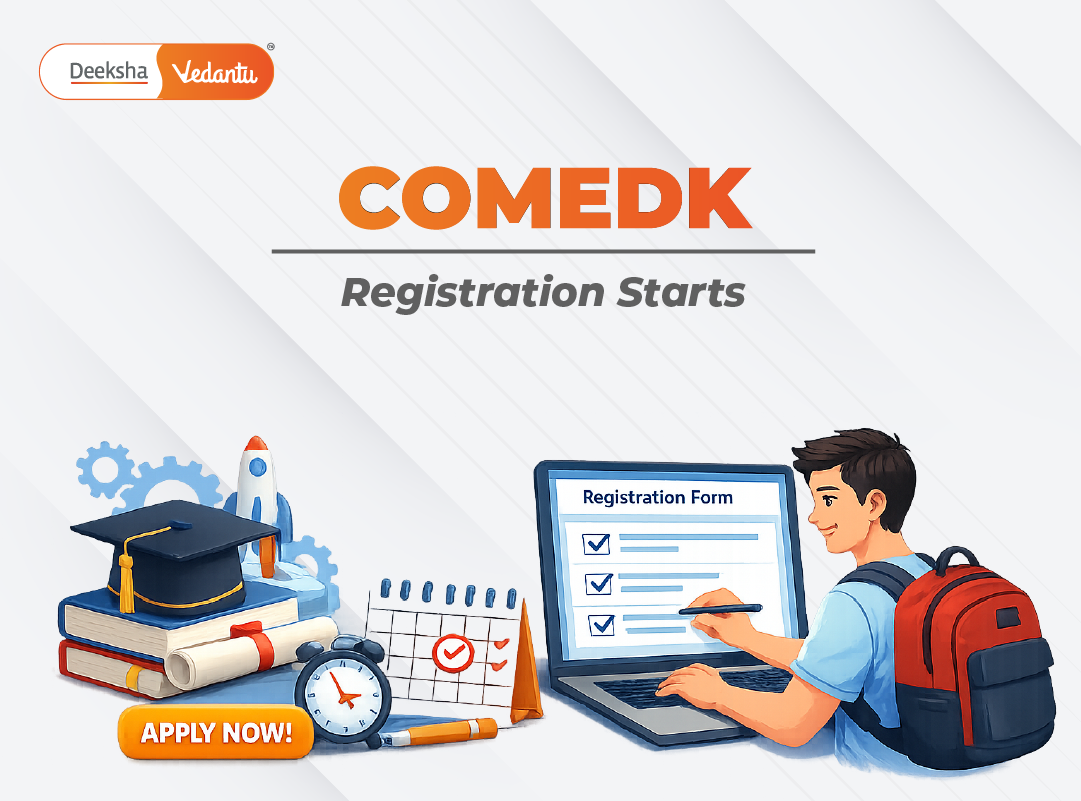
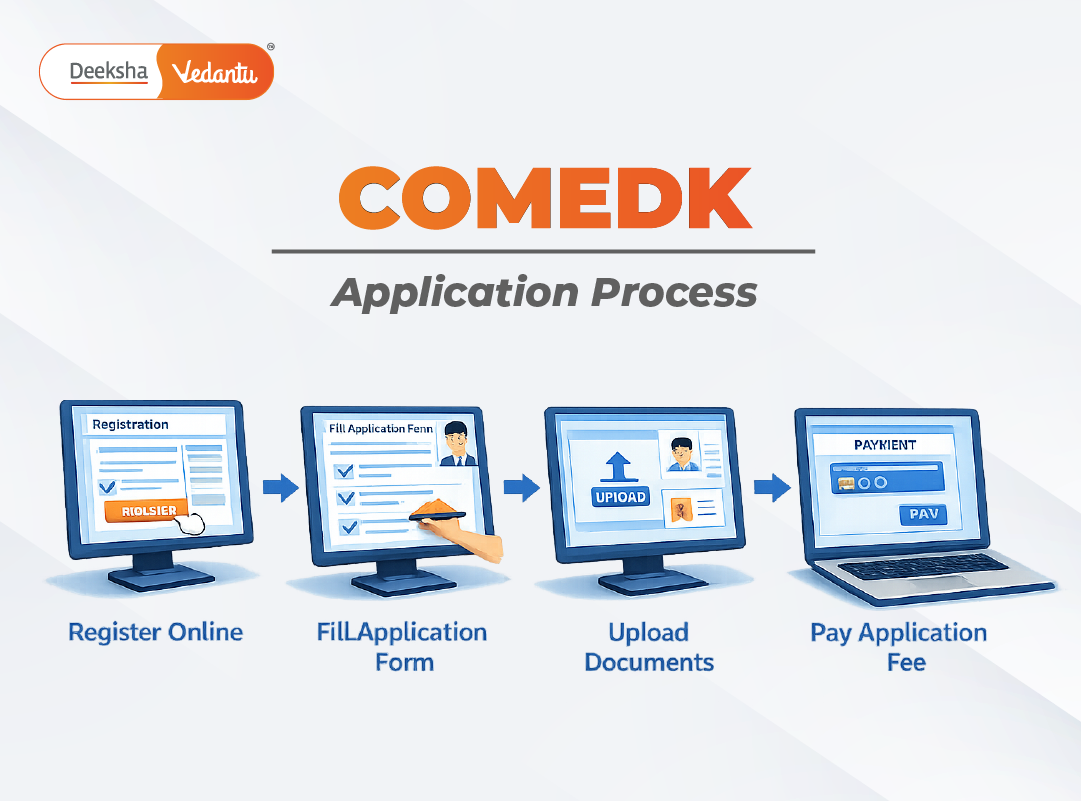
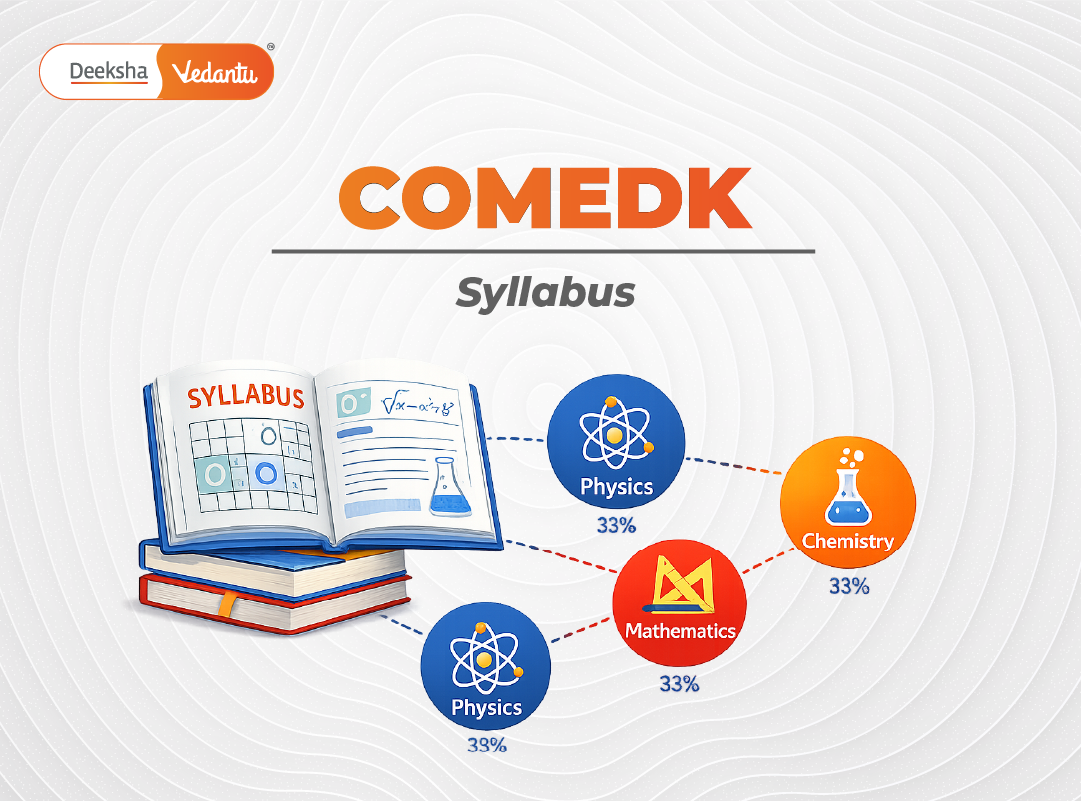
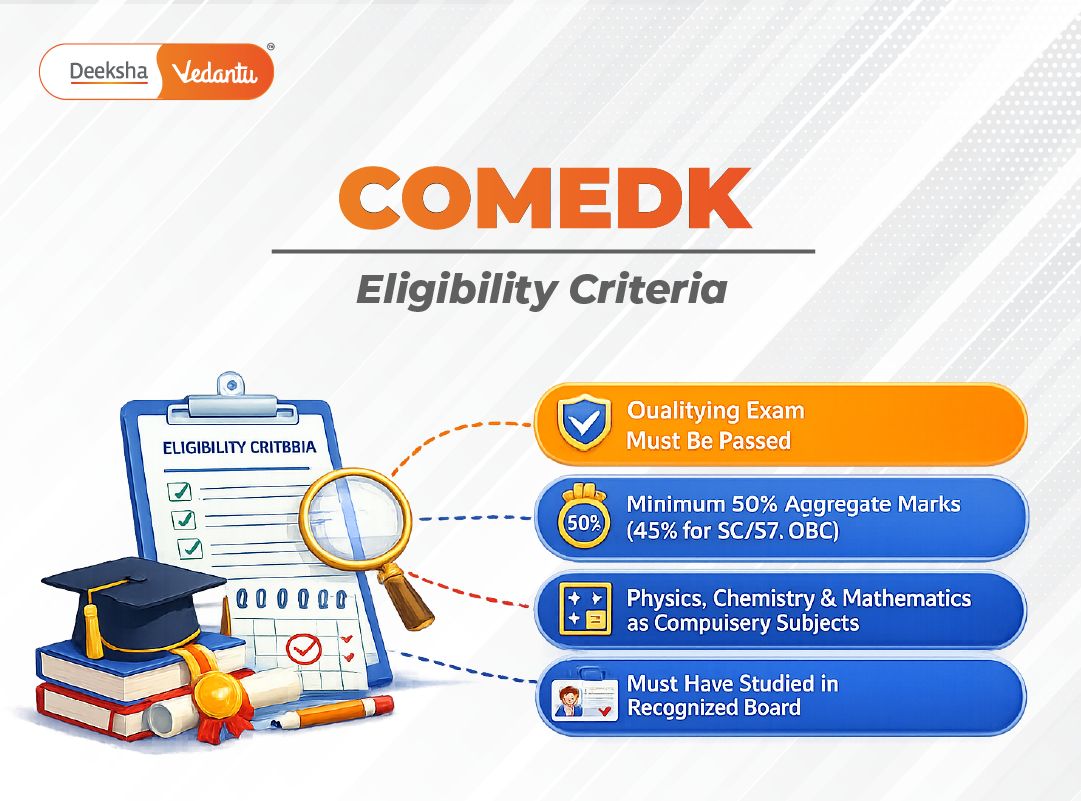
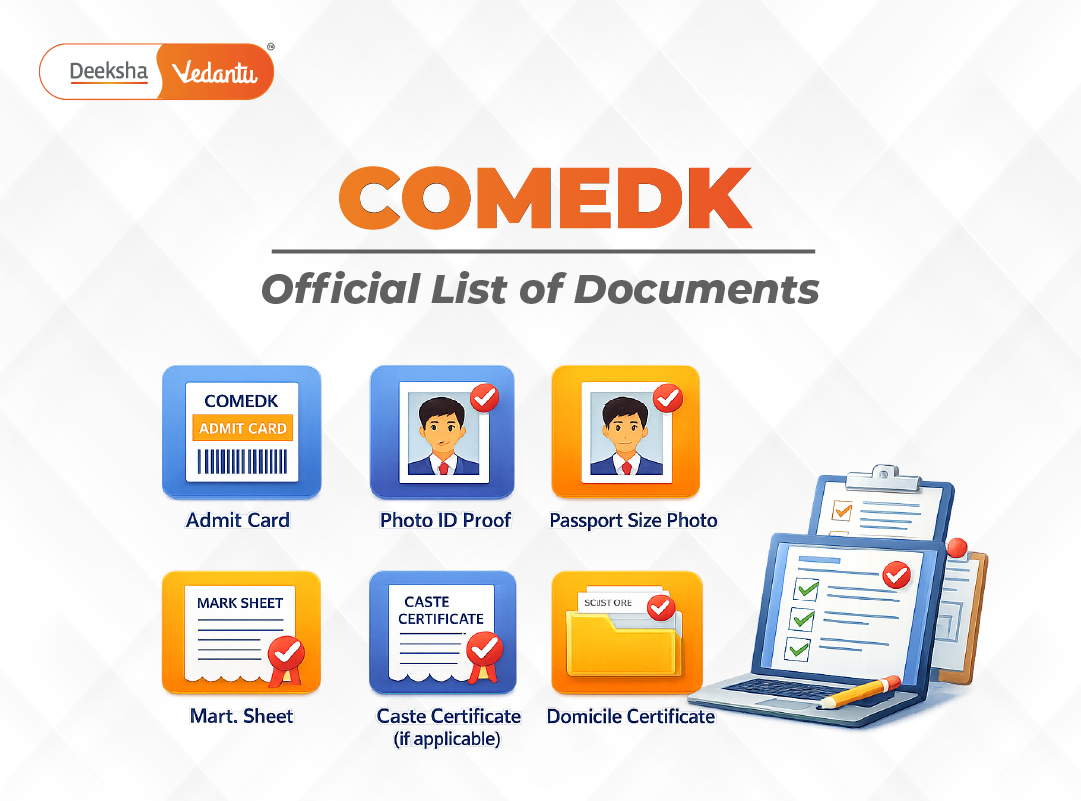
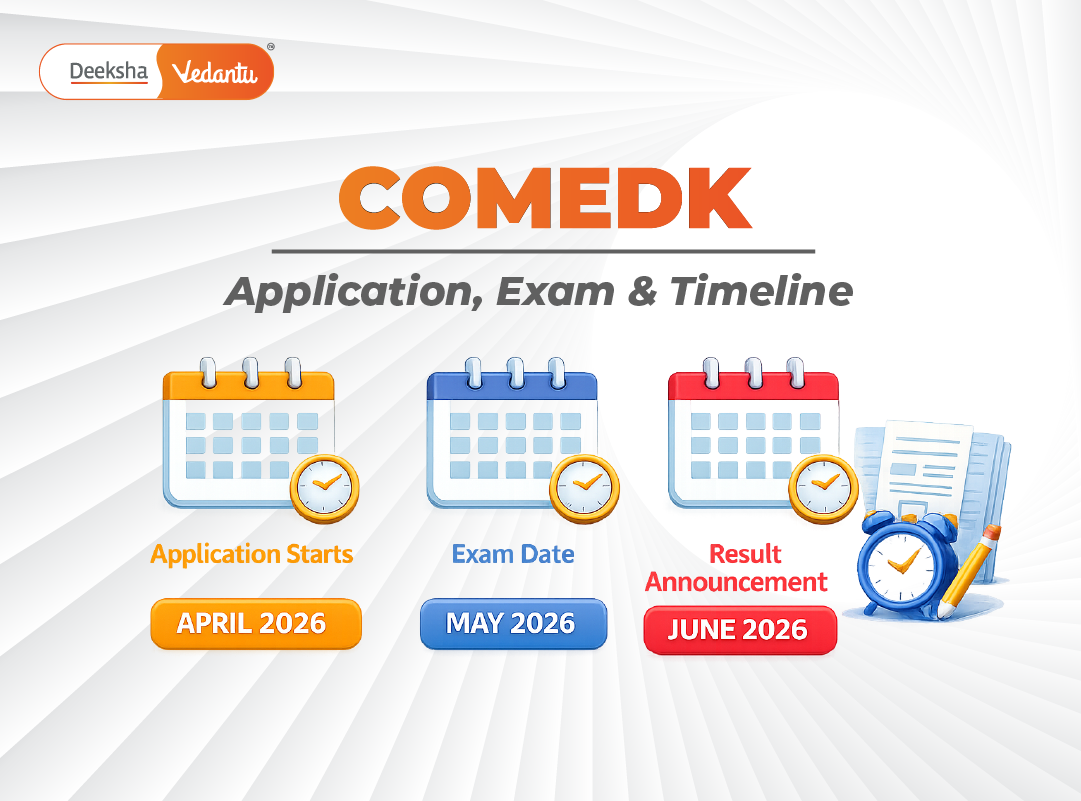
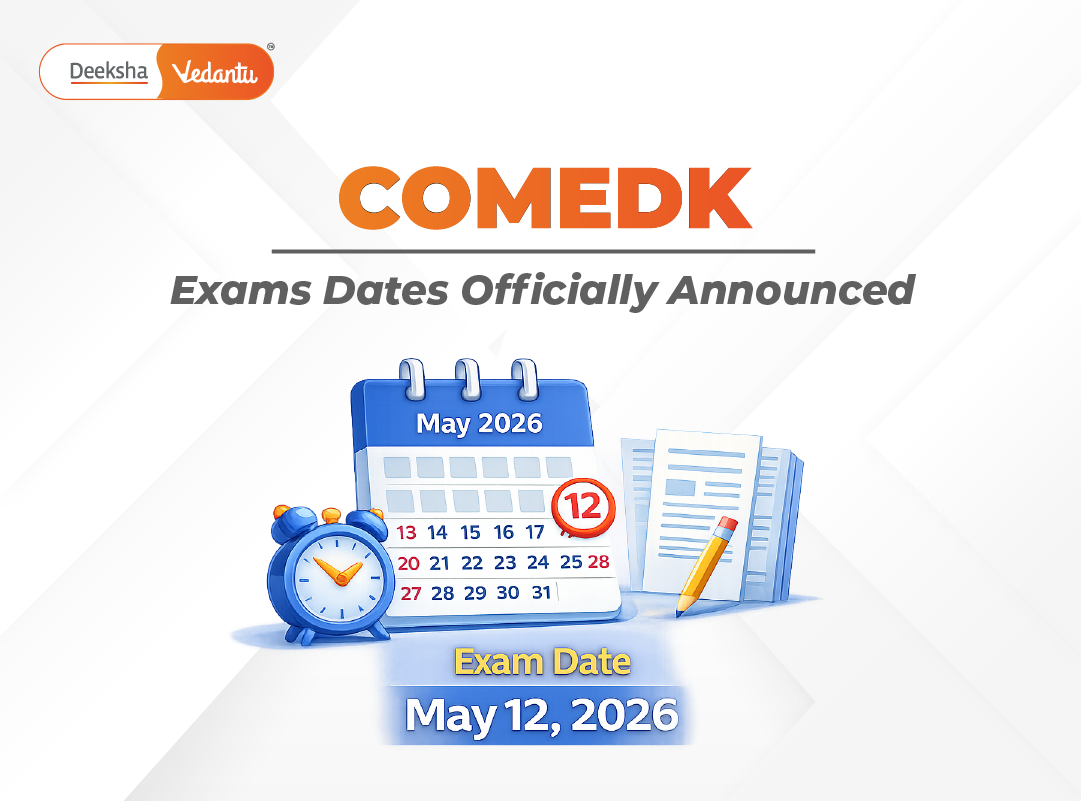
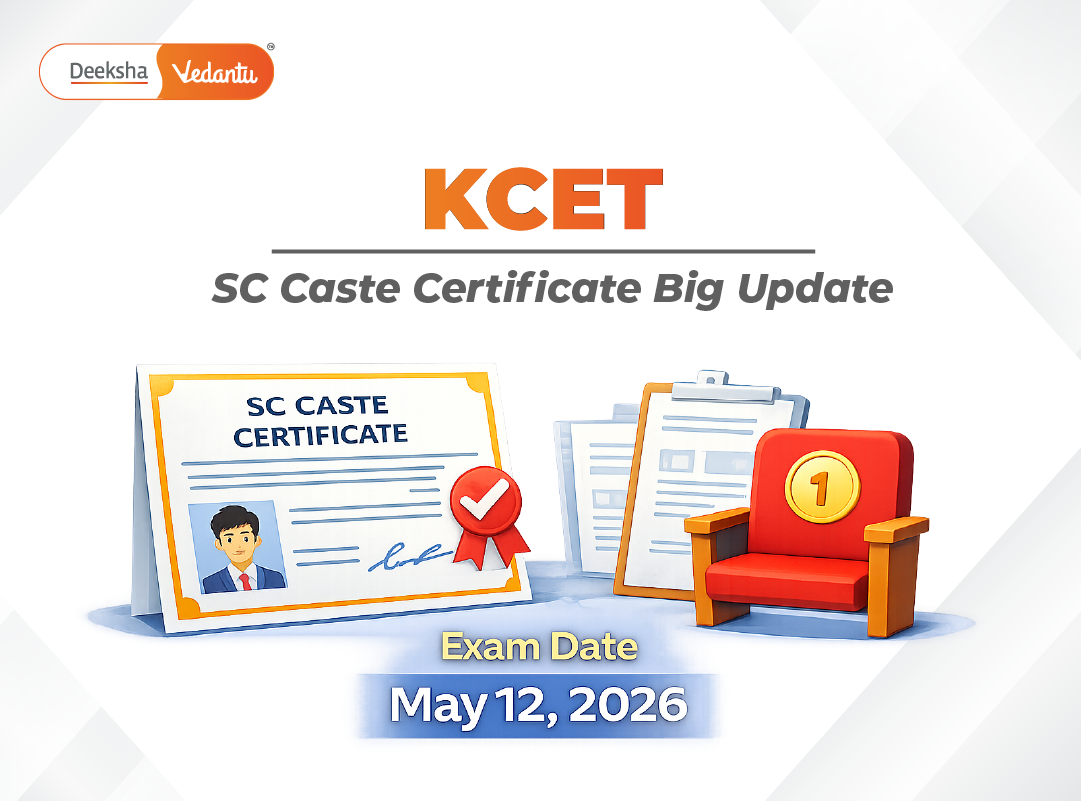


Get Social